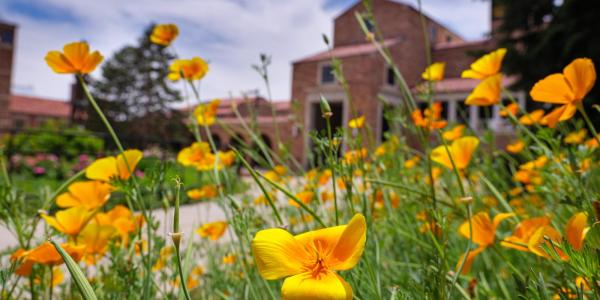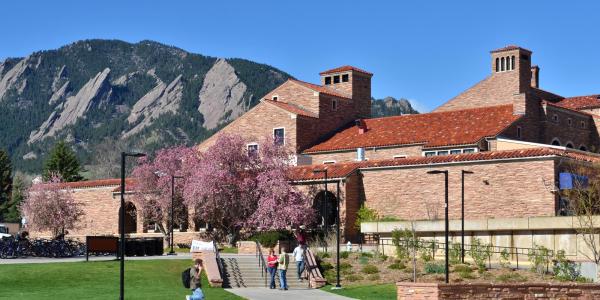Next week, the Getches-Wilkinson Center for Natural Resources, Energy, and the Environment (GWC) is hosting two important events addressing energy issues: the 10th annual Schultz Lecture in Energy on Thursday, Oct. 19, followed by the Women in Energy Law and Regulation Conference on Friday, Oct. 20.
Both events are free and open to the public, but registration is required to attend. See the event descriptions below or visit the GWC website for more information, including the agenda for both events.
Schultz Lecture featuring Colette Honorable
If you go
When: Thursday, Oct. 19, 5:30 p.m.
Where: Wolf Law Building, Wittemyer Courtroom
RSVP: Required
"The State of US Energy Policy Following the Paris Agreement: Who is Leading?"
Featuring: Colette Honorable, former commissioner, Federal Energy Regulatory Commission, and partner, Reed Smith LLP
The 2017 Shultz Lecture will focus on the evolution of energy policy in the U.S. and beyond following the Paris Agreement and the 2016 presidential election. The presentation will highlight the events following the withdrawal of the U.S. from the climate accord - in particular the incredible response from grassroots organizations, local and state leaders, and industry- and the unprecedented showing of leadership from the people.
Women in Energy Law and Regulation Conference
If you go
When: Friday, Oct. 20, 8 a.m. to 5:30 p.m.
Where: Wolf Law Building, Wittemyer Courtroom
RSVP: Required
This conference brings together women in electricity law and regulation to discuss the most pressing questions facing legislators and regulators today. Each of the panel topics has been selected for its relevance in ongoing debates about the right way to structure and implement legal oversight of the electricity system. The event will be anchored by the law school's annual Schultz Lecture, to be held the evening before the conference.
Friday will feature a conversation among energy journalists covering conference topics (and others like them). This will be an opportunity for an open conversation with other panelists and the audience about ways in which law professors, policymakers and others can support the work of independent journalism in chronicling energy developments.



